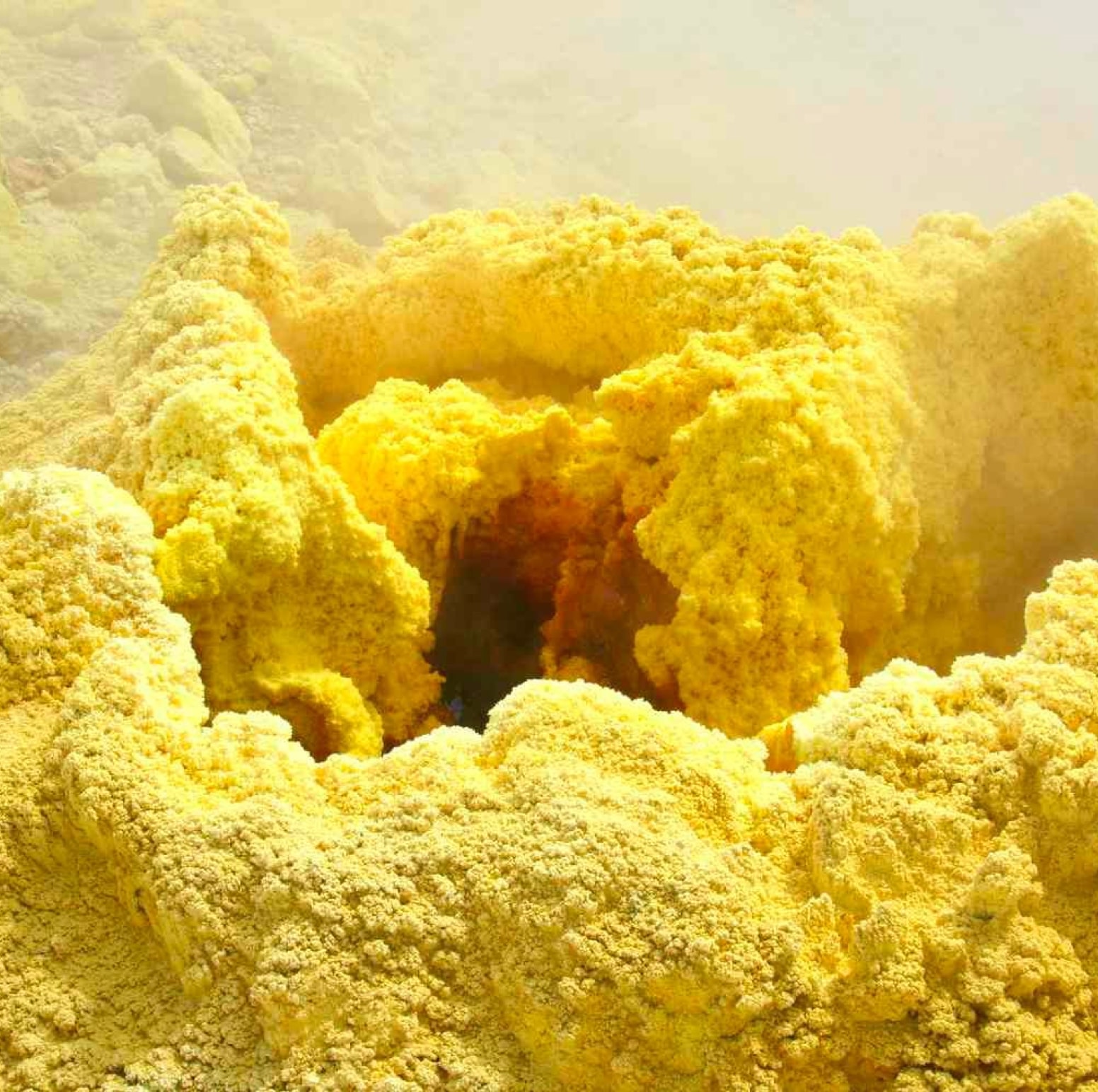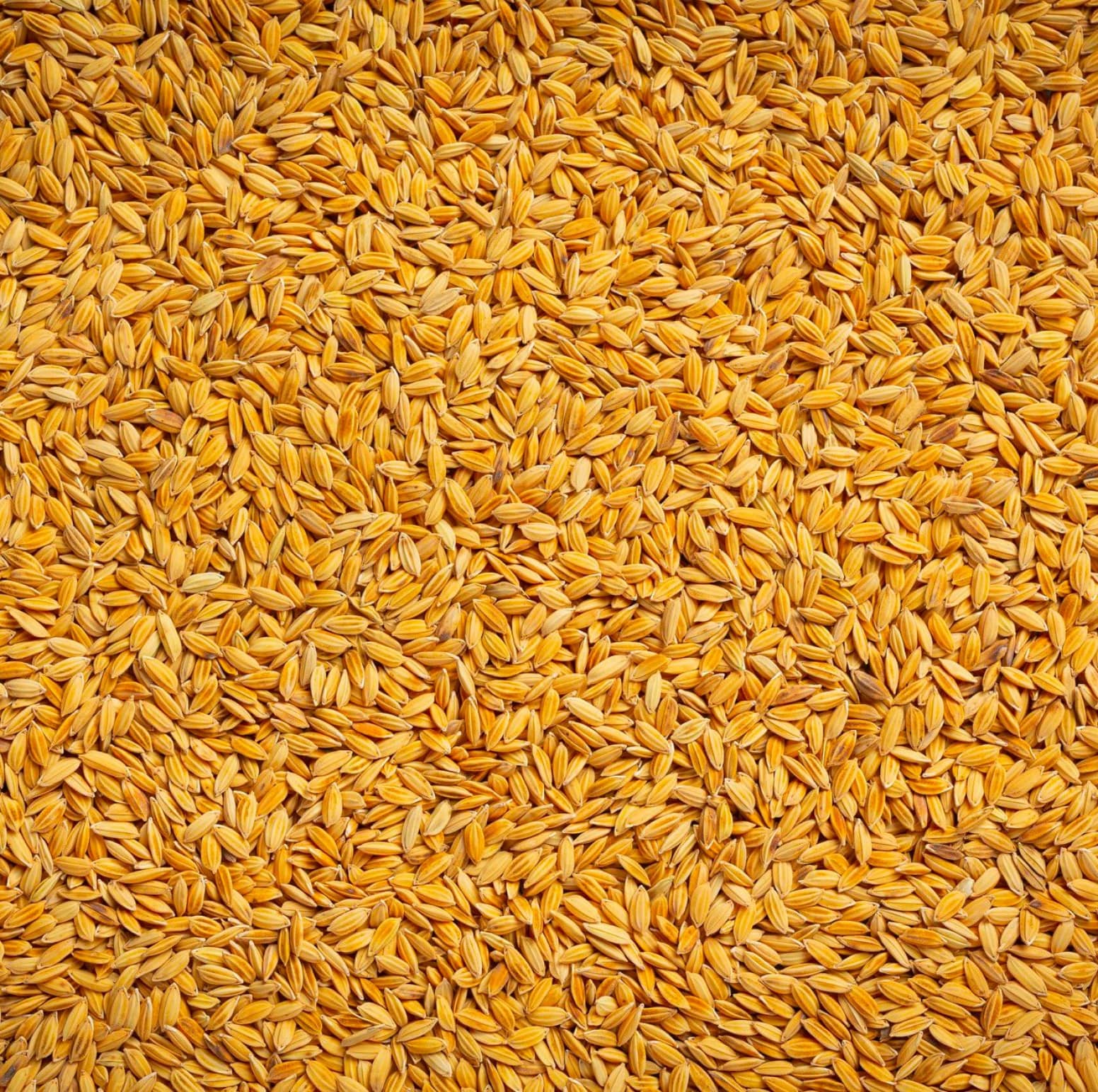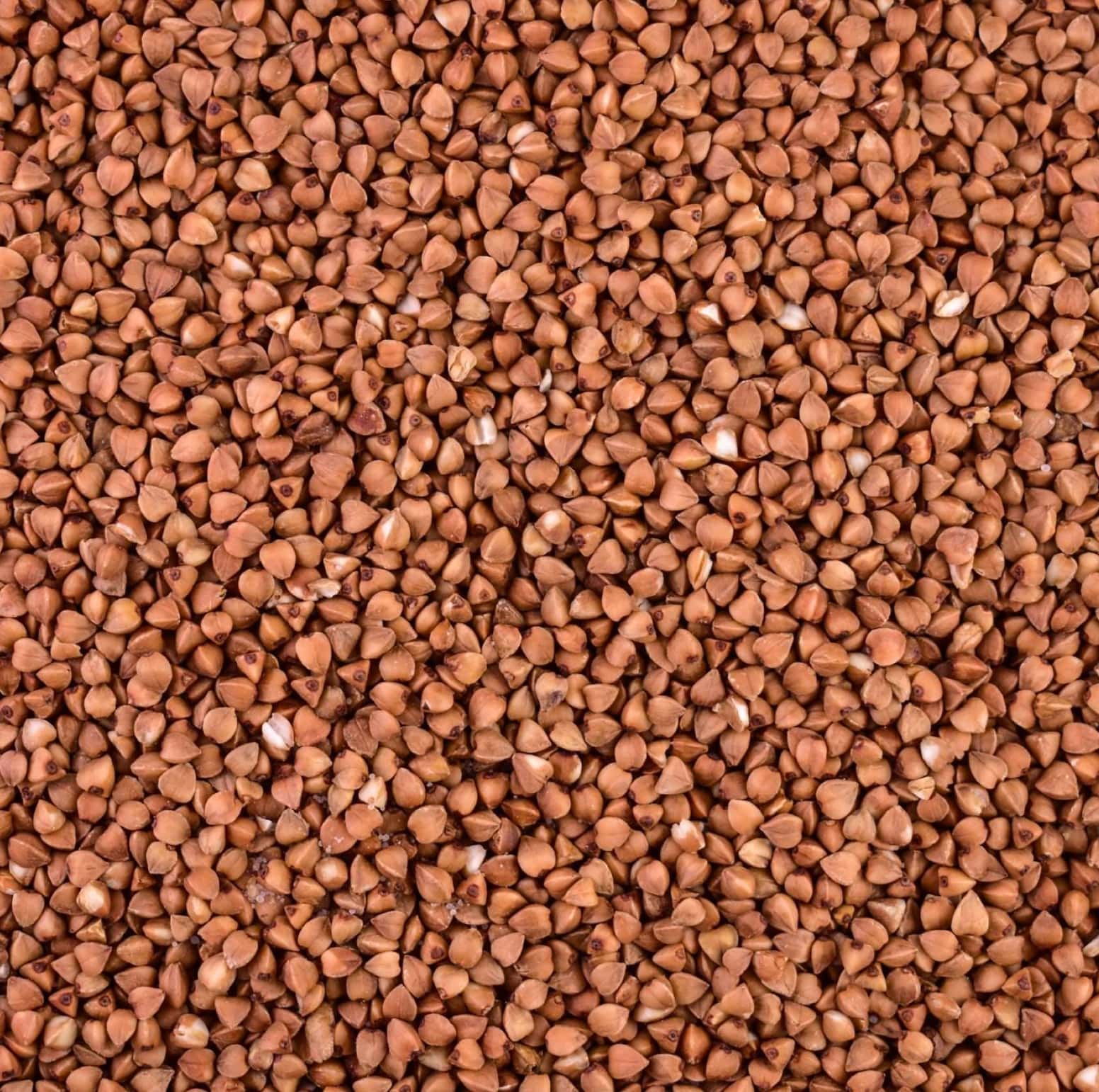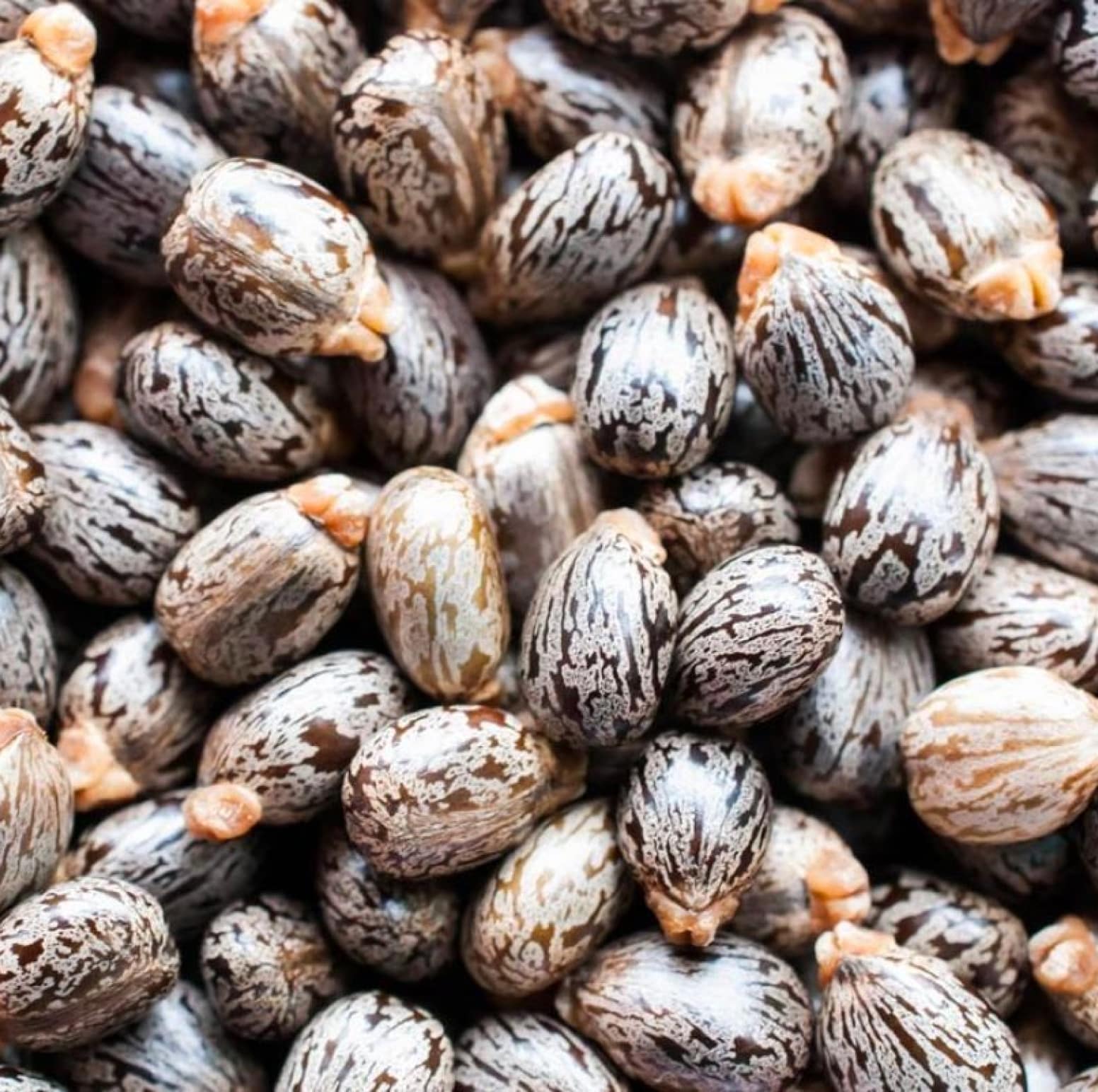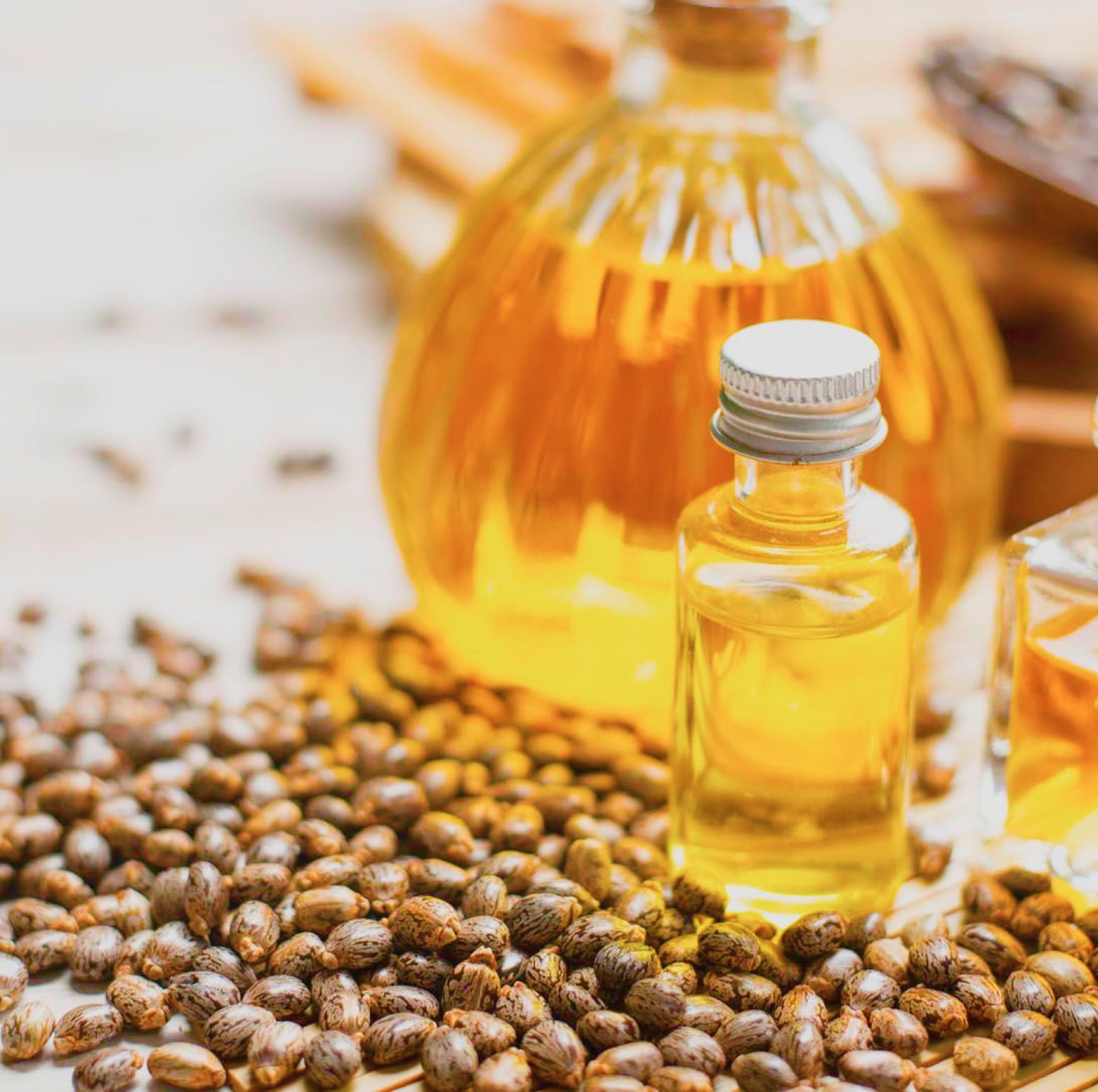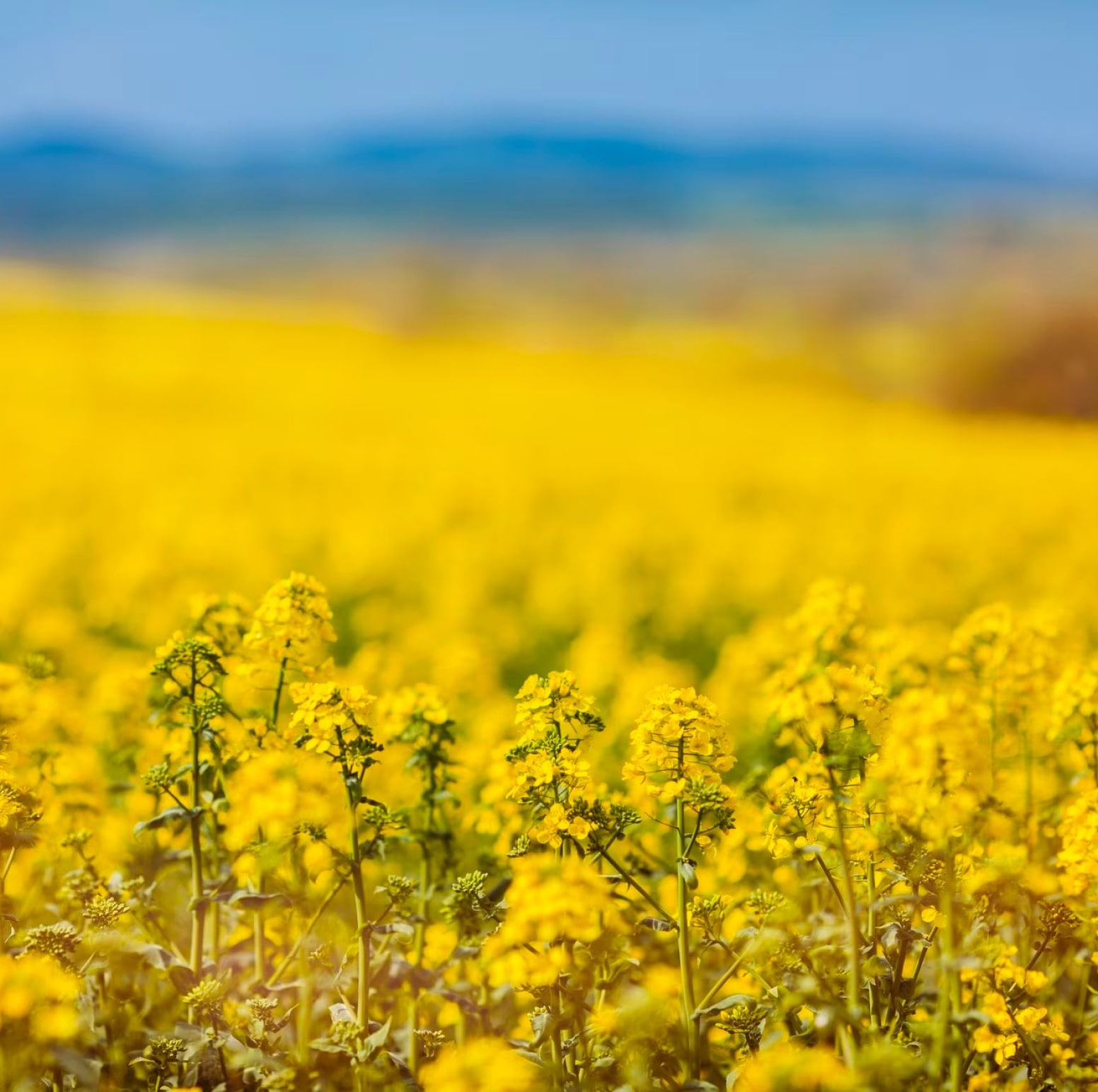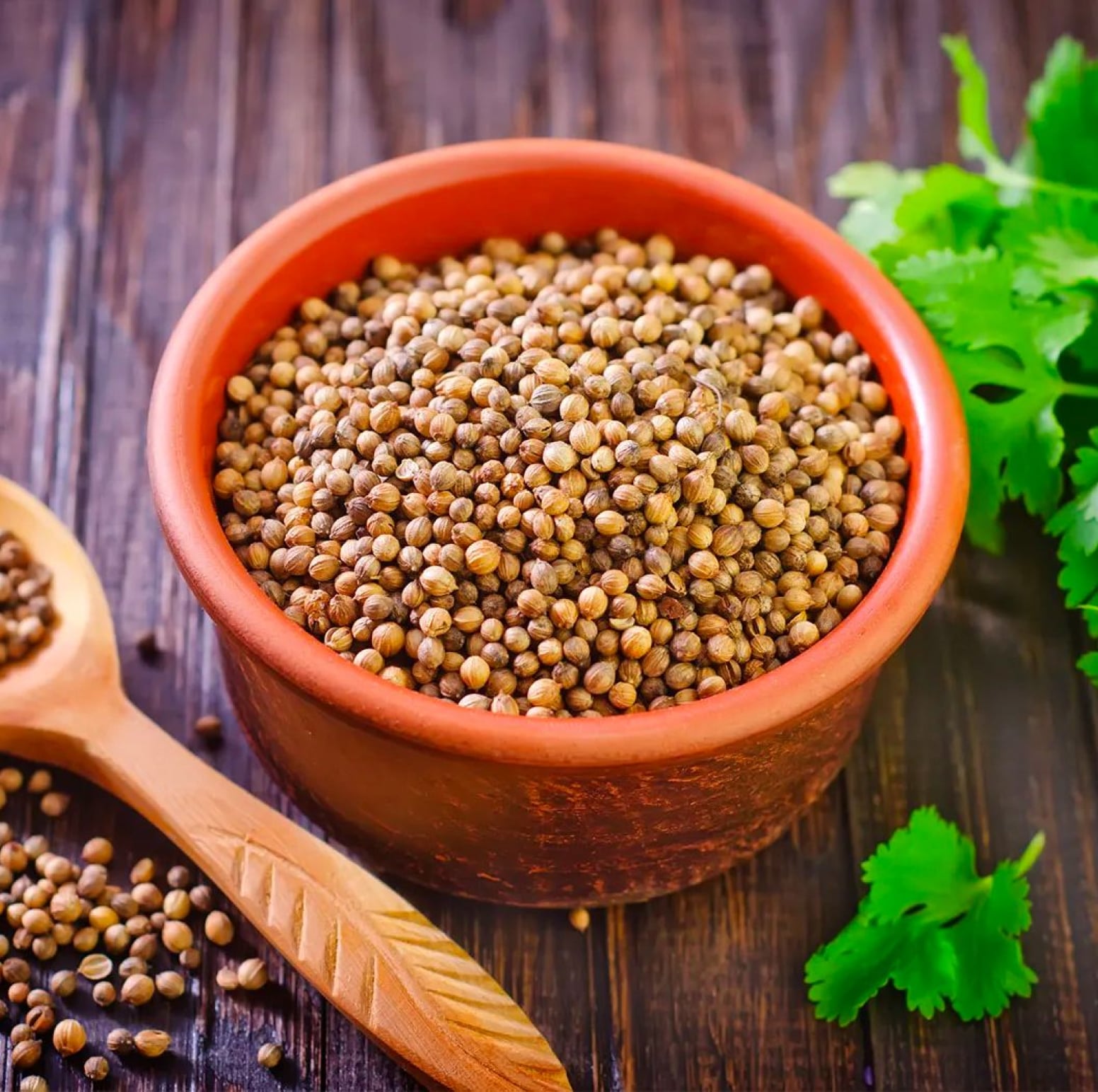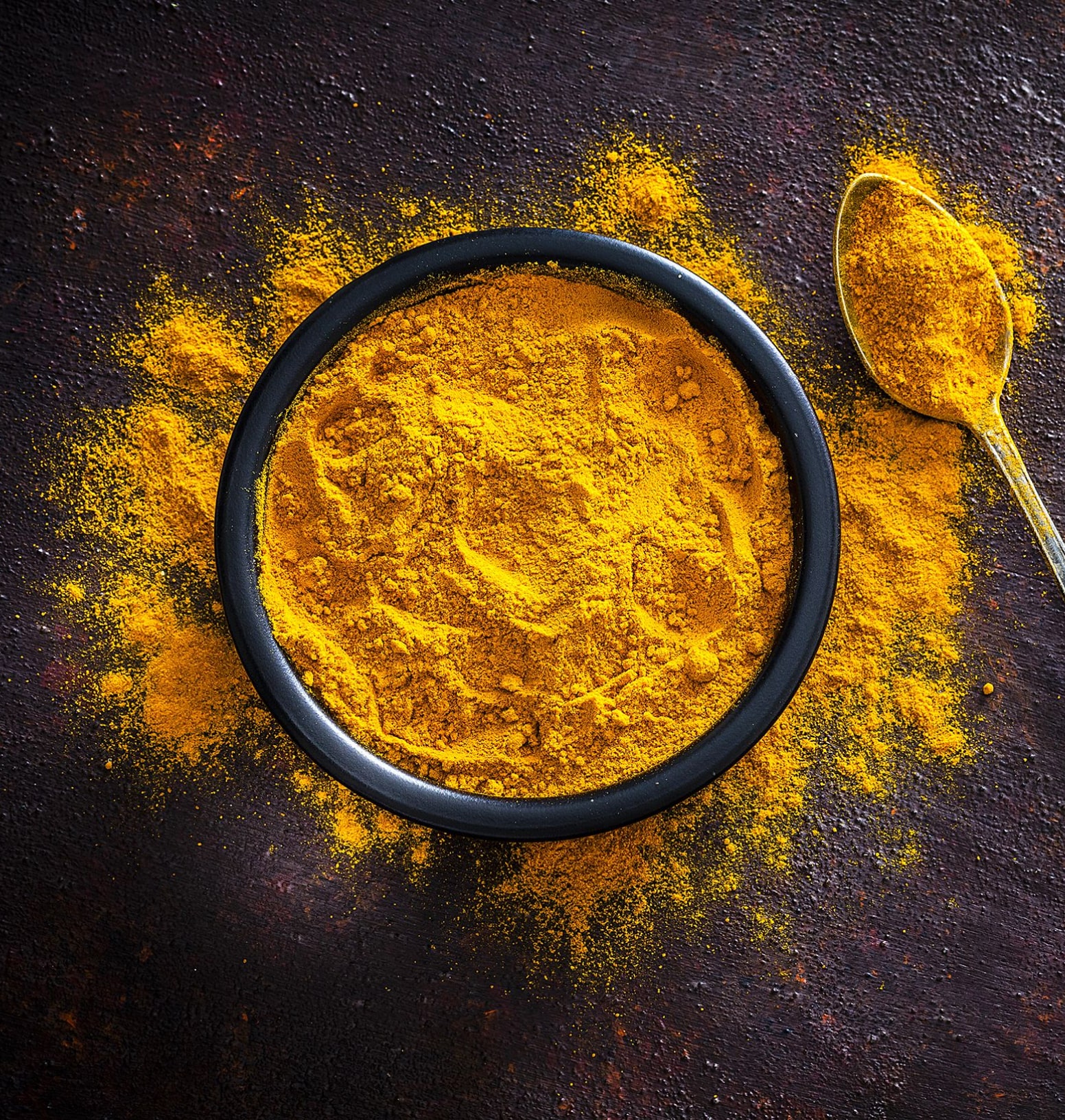Sulphur
Sulphur is a natural mineral that is widely used in the
agricultural industry as a fungicide, insecticide, and soil
conditioner. Sulphur is essential for plant growth and can be
applied to crops to improve their health and yield. It can also
help to lower the soil pH, making it more acidic, which is
beneficial for specific crops. Sulphur can be found in various
forms, including powders, pellets, and liquid solutions. It
should be stored in a cool, dry place away from direct sunlight.
Wheat
Wheat is one of the world's most important cereal crops and a
staple food for many people. The dry, one-seeded fruit, called a
kernel, is ground into flour and widely consumed as a staple
food worldwide. With its high gluten content, this agriculture
is essential in producing bread and other bakery products. Wheat
is typically grown in temperate regions, with cool and dry
climates. It requires well-drained soil and adequate rainfall or
irrigation. In India, farmers grow it as a Rabi crop, planted in
October and harvested in April and May. Proper storage of wheat
is essential to maintain its quality and prevent spoilage. It
should be stored in a cool, dry place and protected from pests
and rodents.
Chana
Chana is a vital pulse crop, commonly called chickpeas and
classified under the Leguminosae family. Chickpeas are renowned
for their impressive nutritional profile, containing a
remarkable 25% protein content and 60% carbohydrates. This
positions them as the third most significant food legume
worldwide. Chana serves both as an edible seed and a raw
material for worldwide flour production. This agriculture
thrives in regions characterised by relatively cooler climatic
conditions and moderate rainfall. Its optimal growth is observed
in sandy loam soils with effective drainage systems, as this
crop is susceptible to excessive water availability.
In India, the seeding of chickpeas occurs during the Rabi
season, spanning from September to November. The maturity period
ranges from 95 to 110 days. Harvesting is carried out between
February and April when the plant's leaves begin to dry and
shed. Proper storage techniques are essential to safeguard
chana's quality and nutritional value, necessitating a cool, dry
storage environment protected from moisture and pests.
Castor Seed
Castor seeds, obtained from the castor plant (Ricinus communis),
contain 40% to 60% oil rich in triglycerides, making them the
primary source of versatile castor oil. This product is widely
used in the pharmaceutical and cosmetic industries. The crop is
cultivated in 30 countries, with India, China, Brazil, Russia,
Thailand, Ethiopia, and the Philippines as major castor
seed-growing countries. These countries account for
approximately 88% of the world's castor seed production.
The crop grows well in arid and semi-arid regions and requires
high temperatures, well-drained soil, and sufficient rainfall
for optimal growth. In India, castor seeds are typically sown
from July to August and harvested from December to March. For
optimal preservation and quality, storing castor seeds in a
cool, dry area shielded from pests and moisture is crucial.
Refined Castor Oil
Refined castor oil is a versatile, high-quality oil that is
extensively used in various industries. It is produced by
refining castor seeds to remove impurities and improve quality.
Castor oil is a critical ingredient in manufacturing various
products, including soaps, lubricants, hydraulic and brake
fluids, paints, dyes, coatings, inks, cold-resistant plastics,
waxes, and polishes, nylon, pharmaceuticals, and perfumes.
Additionally, it is also used for making biodiesel. India is the
world's largest producer of castor seed, with more than 90% of
total global exports.
Rapeseed
Rapeseed, also called rape or oilseed rape, is a widely grown
crop used for producing edible vegetable oils, animal feed, and
biodiesel. It is the second-largest source of protein meal
globally, after soybean.
Rapeseed has an oil content ranging from 33% to 46%. After oil
extraction, the remaining seed is utilised to produce rapeseed
meal, an essential feed source for livestock and poultry. As a
winter crop, rapeseed thrives in a temperate climate. In India,
the planting season, or sowing period, occurs during the Rabi
season from October to November. Flowering typically occurs
between November and February, with harvesting conducted from
February to March. Adequate rainfall during the sowing season is
crucial for optimal crop growth.
Coriander
Coriander (Coriandrum sativum), also known as cilantro, is an
annual herb in the family Apiaceae. It is widely used in
different cuisines for its unique flavour and aroma. While all
parts of the plant are safe to eat, people typically use fresh
leaves and dried seeds for cooking. Coriander seeds have a warm,
citrusy taste and are commonly used in curry powders, spice
blends, pickling, and baking.
Coriander thrives in well-drained, medium to heavy loamy soil
and requires abundant sunlight, effective drainage, and evenly
distributed moisture. It has a growth cycle of approximately 90
days. The ideal sowing window is between October and December,
while the harvesting period spans from January to April, with
arrivals continuing throughout this time.
Turmeric
Turmeric (Curcuma longa) is a flowering perennial plant
primarily cultivated for its rhizome. It is used widely as a
spice in South Asian and Middle Eastern cooking. This crop
thrives in well-drained light black, black clayey loams and red
soils, with irrigation or rainfall and temperatures ranging from
20 to 30 degrees Celsius. However, it is sensitive to
waterlogging and alkaline conditions. The harvesting period for
turmeric spans 7 to 9 months, with sowing commencing from the
end of May during the monsoon season and continuing until
August. Arrivals of the harvested crop typically occur from
December to January, lasting until May, across various
production centres.
